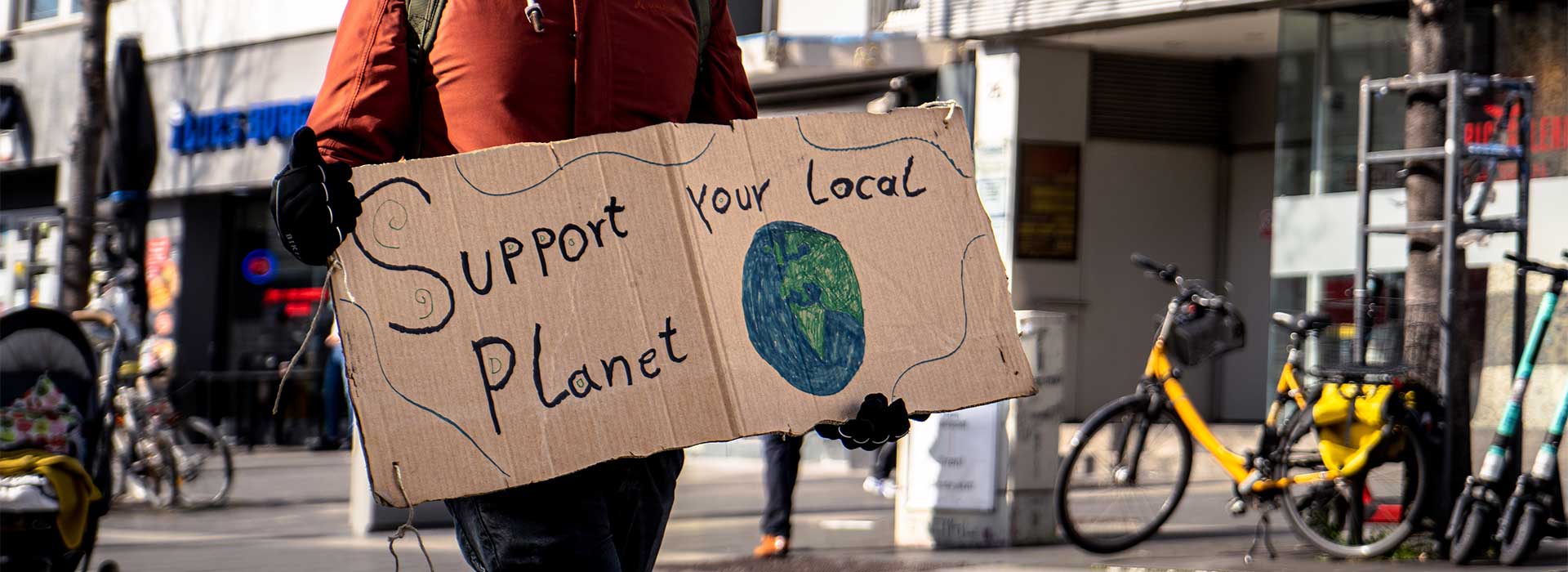Some numbers to begin:
– 53% of consumers would be willing to pay a premium for televisions with green attributes.
– 34% and 44% of Americans are respectively more likely to buy and just as likely to buy environmentally responsible products.
– More than half of all consumers say they have made a green purchase in the last six months.
No, these aren’t the results of the latest Terrapass customer survey. And, believe it or not, this isn’t data assembled pre-recession. These three statistics come from surveys published (in order) by the Consumer Electronics Association, strategic marketing agency Cone and Yahoo!. They have been published within the last four months.
Before November 2008 I might have raised an eyebrow at these kind of numbers and crossed my fingers that they might actually be true. These days I just stare, incredulous, at my computer screen and wonder who really believed them.
The Cone Consumer Environmental Study is the latest. Based on interviews conducted at the end of January it asserts that:
Despite the dire state of the economy, 34% of American consumers indicate they are more likely to buy environmentally responsible products today
Coincidentally, 34% happens to be the same number by which spending on luxury goods has *dropped*, according to research by MasterCard. So, if both are correct, then “green” goods are seeing a roughly 70% surge above the trend for luxury goods. Or maybe all those people that used to buy luxury goods are now spending their precious dollars on hemp shirts instead of whatever they used to buy.
It just doesn’t add up. And, in case you were wondering, we’re not seeing that surge in new visitors to Terrapass either, as I discussed on Marketplace during the holidays.
So, what’s happening here? One commentator points out that it’s convenient and not a little self-serving for the Consumer Electronics Association to announce that 53% of people would pay more for a “green” tv, together with other examples where the publisher/sponsor of the research may have an interest in promoting the idea of consumers spending more on “green”.
So — a challenge to those that publish these surveys: show us your working. Publish the full questionnaires so that we can try to understand better how the American consumer, is defying logic and still buying “green”.
Last year there was an ABC news story that declared “7 in 10 reducing ‘carbon footprint’“. In TV coverage, ABC’s anchors described it as “surprising”. Me too. But ABC should be applauded for publishing the full results as well as the raw survey data. The survey was conducted in late July when energy prices were skyrocketing. And so when the interviewer explains (question 27) that reducing your carbon footprint included things like using less fuel, it’s not surprising that 71% of respondents reply that yes, they are doing something to reduce their footprint.
My favorite bit comes further down in question 30 and is asked to those who have said they are reducing their carbon footprint.
Are you doing these things more to improve the environment or more to save money?
So guess how this one turns out. Saving money has just (finally) come back into fashion and I’d be interested to see if people answered any differently now. But back in July, when big credit was still all the rage, more people claimed they were saving energy for the sake of the environment than to save cash. Call me a cynic, but I don’t believe it. What I do know is that given the choice of explaining something as caring altruism or frugality, I’d probably go for the former, however pleased I was to be saving the money.
I guess it’s all in the way you ask the questions. But I can’t help thinking that so many people like to think of themselves as “green” and today’s marketing messages make it so easy — “this tv/laptop/cellphone is green and hey, maybe I’ll buy one of those this year. But money’s tight… perhaps if I just *say* I’m green to this researcher then I’ll feel better about it. Hmm and I must find out about that recycling thing one of these days.”
Perhaps I’m being grossly unfair. And perhaps 70% of consumers really do buy “green”. Or maybe, like so many things, the best of intentions rarely get translated into action until there’s a real economic incentive to do so.
Come back high gas prices, all is forgiven. Or better yet, come soon carbon pricing…
Brought to you by terrapass.com
Featured image







